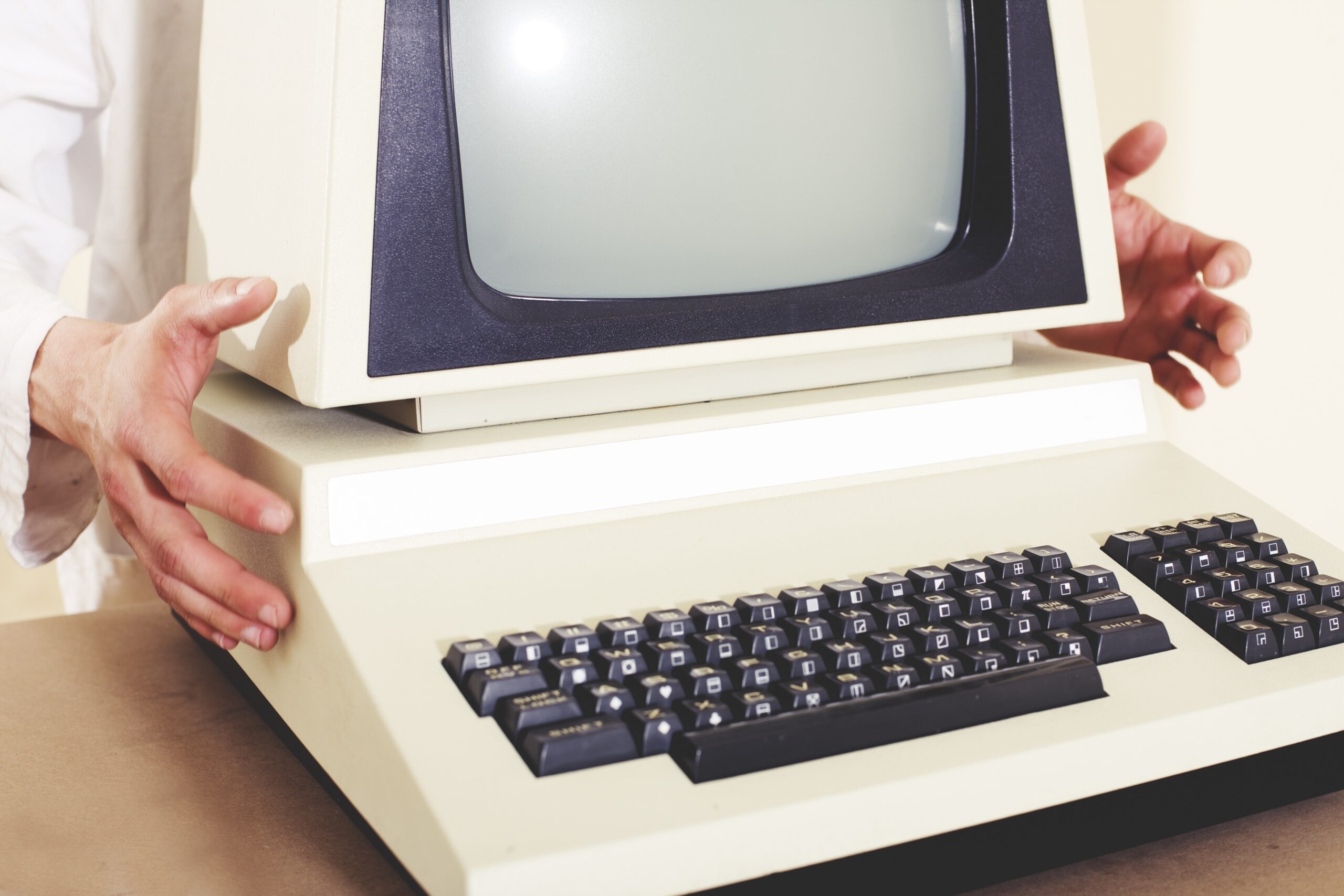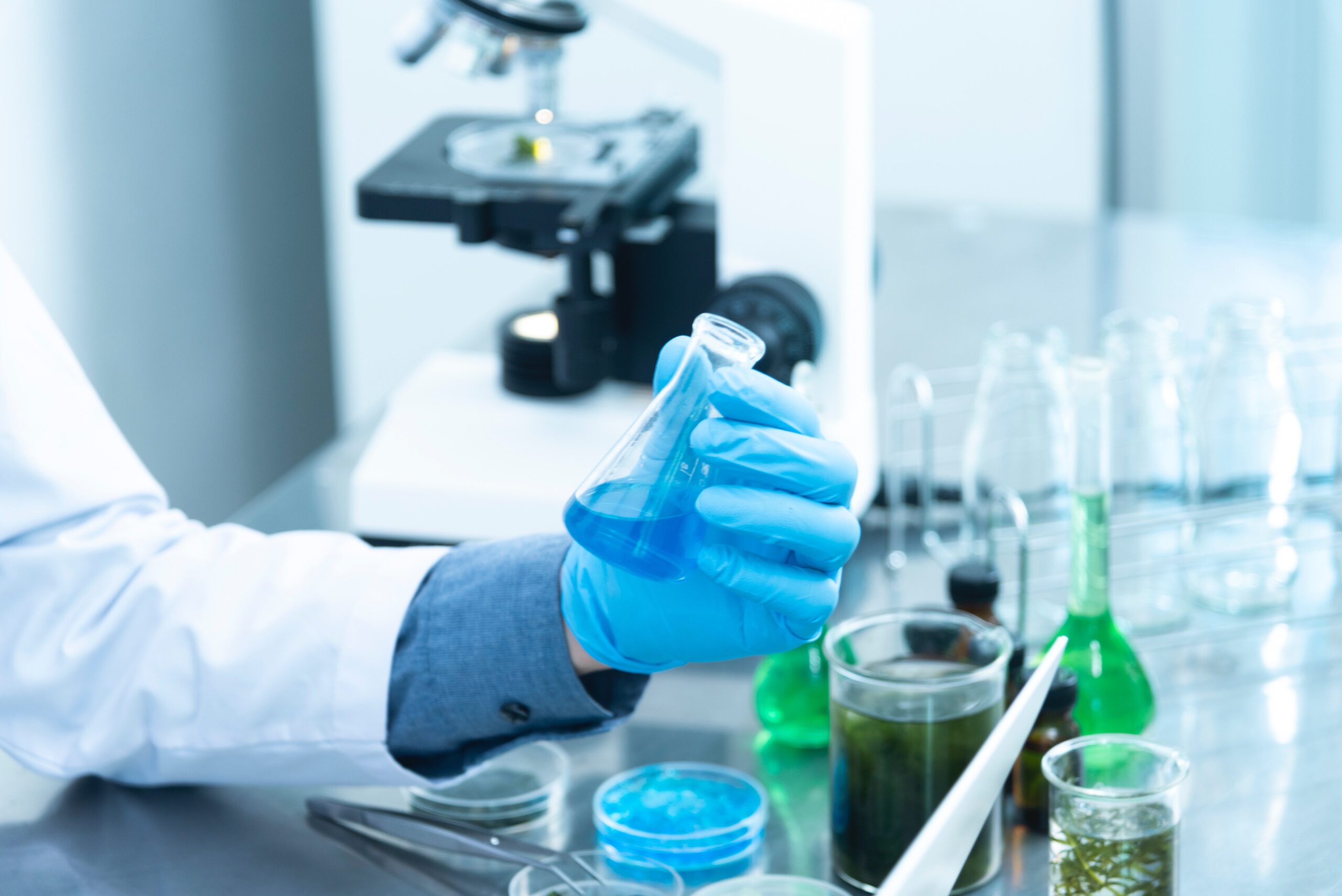Technology
Researchers Develop Dissolvable Smartwatch
Small electronics such as the popular fitness trackers and smartwatches are not easy to take apart and recycle. When disposed of, the devices are sent into toxic waste streams. According to ACS Applied Materials & Interfaces, researchers have developed a…
Special: Anaerobic Digestion Explained
While it may sound like an unappealing bodily process, anaerobic digestion is a crucial method to create biogas for electricity generation, as well as a source of bio-fertiliser production. We thought we’d take a closer look at just what the…
Commentary: Additive Enables Plastics to Decompose Microplastics-Free
Australia-based Twelve8 Technology launched a plastics additive that enables polymers blended with it to decompose naturally, without industrial treatment, within two years. The additive decomposes to water, CO2, and less than 1% biomass. This article by Kate Bertrand Connolly shows…
Commentary: How To Tackle the ‘Global Mountain’ of Abandoned E-Waste Post Covid
When surveyed, one in ten businesses confessed to dumping old technology in landfill. In this article, Carmen Ene, CEO of 3stepIT explains how companies can tackle the issue of old IT equipment, and how our relationship with tech products can…
“Stinkweed” Could be Used for Green Jet Fuel
According to a recent study from the Ohio State University, pennycress, or “stinkweed” may be the solution for an eco-friendlier jet fuel. The report states that pennycress is a low maintenance crop that has fewer environmental demands, since it requires…
Columbia University Digs into Green Regenerative Medicine
A team of scientists at Columbia University announced that they have developed a “green” electrospinning process. In the biomaterials industry, electrospinning is a universal fabrication method used around the world to produce nano- to microscale fibrous meshes that closely resemble…





